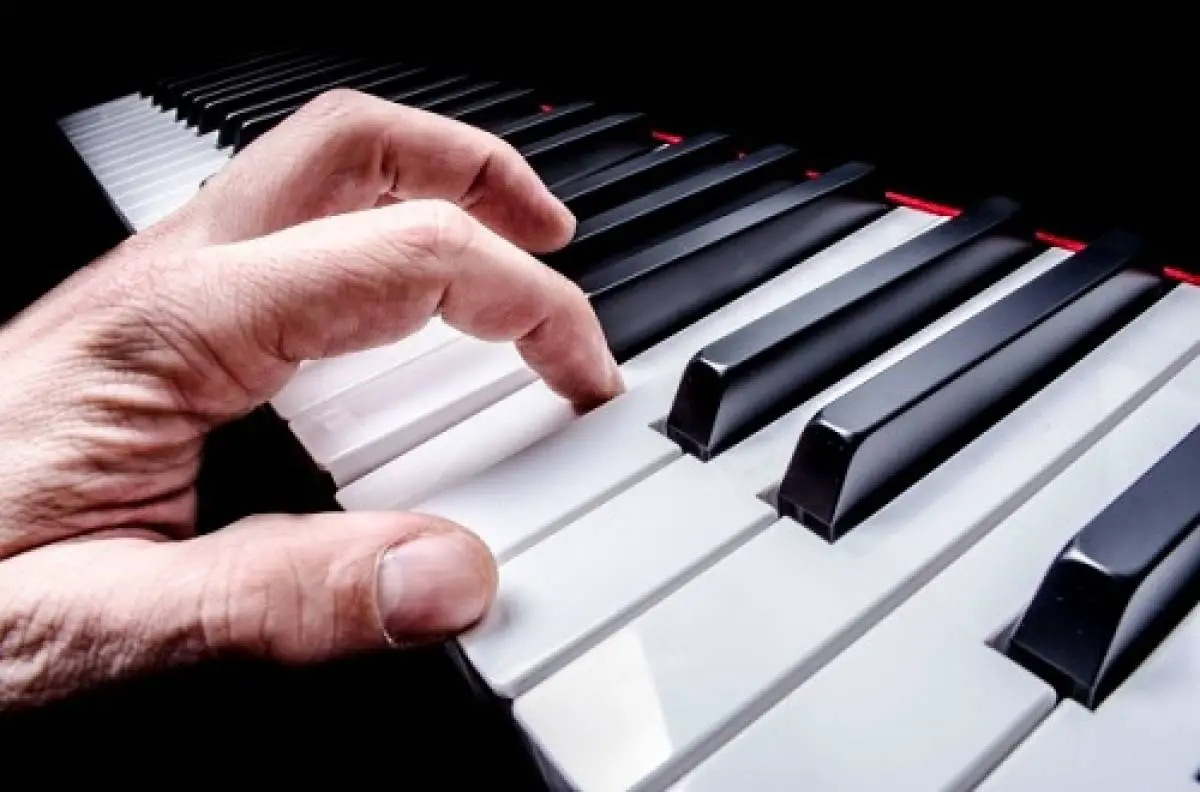Music Training Enhances Brain Power and Language Skills, Researchers Say

Photo: Martin Cauchon / publicdomainpictures.net
Ever wondered what impact music has on the brain? Consider this: Albert Einstein was a master violinist. His mother, also a talented musician, made sure musical expression was a part of the daily home life of her children growing up. Einstein himself began playing the violin when he was just 6-years-old. By the age of 13, he was playing Mozart’s sonatas.
Einstein is quoted saying, “Life without playing music is inconceivable to me. I live my daydreams in music. I see my life in terms of music… I get most joy in life out of music.”
Interestingly, a 1993 study of college students showed that listening to a Mozart sonata improved the student’s performance on spatial reasoning tests. That led to widespread claims that listening to Mozart temporarily increases Intelligence Quotients or IQs.
Yet, newer studies found IQ doesn’t increase
According to Ani Patel, an associate professor of psychology at Tufts University and the author of “Music, Language, and the Brain,” listening to music can be relaxing and contemplative, but simply plugging in your iPod isn’t going to suddenly make you more intelligent.
However, Patel says, “there’s now a growing body of work that suggests that actually learning to play a musical instrument does have impacts on other {cognitive} abilities.” These abilities include speech perception, the ability to handle multiple tasks simultaneously, the ability to recognize emotions in people’s voices and the ability to develop language, reading, and other academic skills.
Apparently, playing a musical instrument engages all four hemispheres of the brain at an electrical, architectural and chemical level more than simply listening to music, which explains why it optimizes brain function. This may have been part of what made Einstein such an incredible genius.
Research on the impact of music training on the mind
In one notable study led by Nina Kraus, director of Northwestern’s Auditory Neuroscience Laboratory at the School of Communication, music training introduced as late as high school, was found to help sharpen hearing and language skills, and improve teenage brain’s responses to sound.
In their study, Krause and his team of researchers followed 40 Chicago-area high school freshmen from when before school started until their senior year. Almost half the students had enrolled in band classes in school, which entailed two to three hours a week of instrumental group music instruction.
The other half of the recruited students had enrolled in junior Reserve Officers’ Training Corps (ROTC). ROTC paid more emphasis on fitness exercises during a similar time frame. Both groups, however, attended the same schools in low-income neighborhoods.
After analyzing electrode recordings at the start of the study and three years later, Krause and colleagues found that all the students improved in language skills, but the improvement was greater for students in music classes. Moreover, the music group showed more rapid maturation in the brain’s sensitivity and response to sound compared with the ROTC group.
“Although learning to play music does not teach skills that seem directly relevant to most careers, the results suggest that music may engender what educators refer to as ‘learning to learn’,” wrote Kraus in the study published in the Proceedings of the National Academy of Sciences (PNAS).
So, why does music training have such a positive influence on the brain

You might be wondering: Why does music training influence language and other higher brain functions so? Neuropsychologist Patel offers a possible answer in his theory dubbed the OPERA hypothesis:
“The basic idea is that music is not an island in the brain cut off from other things, that there’s overlap, that’s the ‘O’ of OPERA, between the networks that process music and the networks that are involved in other day-to-day cognitive functions such as language, memory, attention and so forth,” he says.
“The ‘P’ in OPERA is precision. Think about how sensitive we are to the tuning of an instrument, whether the pitch is in key or not, and it can be painful if it’s just slightly out of tune.”
The level of precision involved when processing music, Patel says, is much higher than the level of precision used in processing speech. This means, he says, developing our brain’s musical networks may very well enhance our ability to process speech and, thus, improve our language skills.
“And the last three components of OPERA, the ‘E-R-A,’ are emotion, repetition and attention,” he says. “These are factors that are known to promote what’s called brain plasticity, the changing of the brain’s structure as a function of experience.” In other words, experiences that require full attention and engage the brain through emotion and repetition such as playing music effectively change the brain’s structure, making it stronger over time.
The lesson
These emerging music neuroscience studies that really began to take off around 2000 have important implications about the role of music in the lives of young children, Patel says. For one, if you are a parent, understanding there is a link between musical training and improved brain function, enhanced language skills and higher academic achievement in children can provide the motivation you need to enroll your kids into music training early, preferably before the end of their teenage years.
Even as an adult, practicing a musical instrument regularly can bring tremendous benefits. As another neuropsychologist, Nadine Gaab, at Boston Children’s Hospital notes, “There are a lot of different brain systems involved in successfully playing even a small musical piece: your auditory system, your motor system, your emotional system, your executive function system; this playing together of these brain regions, almost like in a musical ensemble.” They can make your brain stronger.
See Also: 4 Things You Should Know About Web Readers.
-- Originally published on Lifehack.org




















